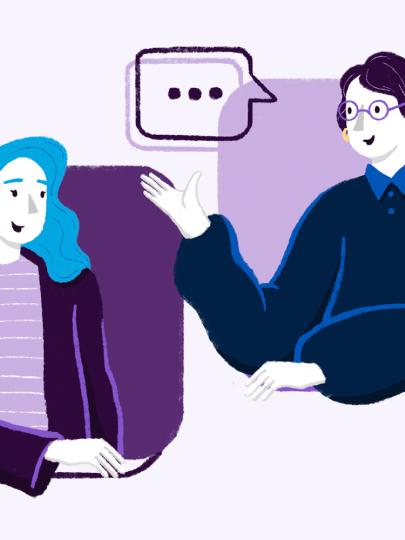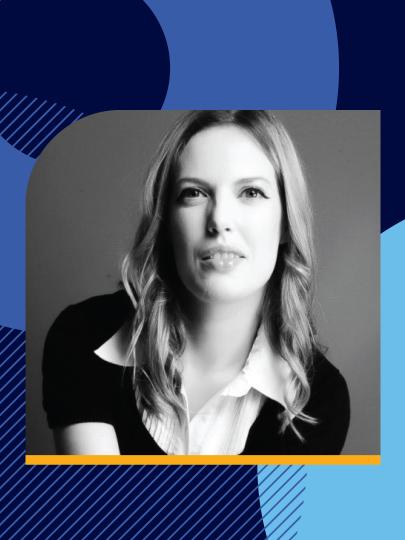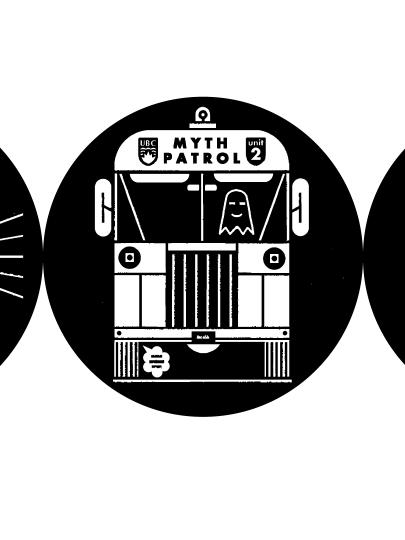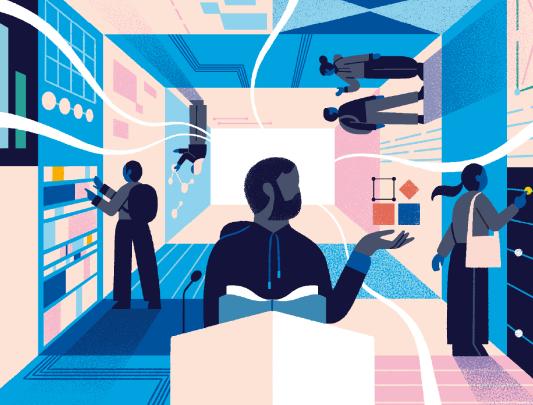
Two Ways to Stop Procrastinating
How often do you set a goal, and then stall when it comes to taking action on it?
Even when the goal is something you’re excited about and deeply desire, you may notice that you avoid taking steps that would lead you towards achieving that goal.
Procrastination, the act of delaying or postponing something that needs to be done, is common among self-oriented perfectionists¹ (Newendorp, 2018). In a webinar I offered titled “Leverage your perfectionism,” the most common question posed in the chat was “How can I stop procrastinating?” In this post, I provide some ways to help reduce procrastination; if you find a way to stop it altogether, please contact me!
Procrastination usually arises out of uncertainty and fear about the outcome of your efforts. As Newendorp describes:
If you are a procrastinating perfectionist, you are probably getting so caught up in “what-ifs” that you are not taking any action at all. What if it doesn’t turn out perfectly? What if I fail? What if I can’t get it just right?" (p.80).
When you are swirling in the "what-ifs," you get lost in contemplating the potential negative outcomes, further avoiding the related tasks, and end up feeling more anxious.
The cycle of anxiety and avoidance usually leads to shame and guilt about not taking action. Unfortunately, these negative feelings then result in you putting the task off some more.
Ultimately, procrastination is a choice between working (now) on a task or doing anything else (Berkman and Miller-Ziegler, 2016). With that in mind, let's take a look at 2 strategies that can help you focus and take action on the task/project/goal you want to complete.
1) Reduce the effort by breaking down the task
Making progress on, or completing, your goal or chosen project requires effort and work. The harder you anticipate the task to be, the more you may procrastinate. As researchers Berkman and Miller-Ziegler explain (2016), "That’s because the more effort a task requires, the more someone stands to gain by putting the same amount of effort into something else..."
One way to reduce the perceived effort of a task is to break it down into more manageable and familiar components. This is probably one of my favourite strategies and one I use extensively.
Here is a partial example from my own goal to "make an instructional video". "Make an instructional video" sat on my to-do list for months; I was not getting the satisfaction of crossing it off because I wasn't taking steps that would result in completing it. Then, I decided to break the goal down and my task list transformed from one phrase, to several bullet points that included:
- open up Loom (Loom is a simple program for making videos)
- watch a 13-minute tutorial video on how to use Loom
- record myself just to try it out
- play around with the edit functions on Loom
By breaking the tasks down to mini-steps that were doable and that I could easily fit into my schedule, I was able to make significant progress on the overall goal of "make an instructional video".
2) Increase the subjective value of the goal or project
Your decision to work on something is influenced by how much you value accomplishing the task or project in that moment; a concept that is sometimes referred to as "subjective value" (Berkman and Miller-Ziegler, 2016). As stated above, procrastination happens when the value of doing something else outweighs the value of working now. In other words, you prefer one thing (e.g., watching Netflix, shopping, going onto social media) over another (any task related to your goal) in the moment.
How, then, might you boost the subjective value of working on your goal now? There are three possibilities: You could decrease the "value" of the distraction, or increase the value of the tasks related to your goal, or do some combination of the two.
For example, if your goal involves revising your LinkedIn profile, you might reflect on the reasons why your goal is meaningful and valuable to you. When you feel the urge to distract yourself, you can reconnect with those reasons. You might also (or alternatively) focus on the negative aspects of the distraction. Perhaps you feel crummy if you sit and watch Netflix too long, or maybe you are trying to economize and online shopping for a nice pair of shoes isn't in your budget...or you experience major FOMO when you're on social media.
Neither of the above strategies is easy. However, they're both doable, within your control, and will definitely help you reduce your procrastination. They will also increase your well-being.
If you’re looking for additional ways to take a positive approach to perfectionism, please check out the UBC Career Webinar titled “Leveraging your Perfectionism”.
Footnote
¹Self-oriented perfectionists are individuals who impose high standards on themselves (standards that are unrealistic and impossible to achieve), and tend to harshly self-criticize when a mistake is made or when they do not achieve their own standards (Vicent et al.,2017)
References
Berkman, E. and Miller-Ziegler, J. (2016). The psychological origins of procrastination--and how we can stop putting things off. Retrieved from: https://daily.jstor.org/psychological-origins-of-procrastination/
Newendorp, T. (2018). The perfectionism workbook: Proven strategies to end procrastinations, accept yourself, and achieve your goals.
About the Author
Isabeau Iqbal, BSc’93, MA’04, PhD’12, is a career and life coach who helps ambitious perfectionists discover, appreciate, and apply their strengths so they can enjoy a (more) fulfilling career.
She offers individualized support to professionals who are stepping into greater leadership roles or individuals who are feeling stuck by helping them get clear on what they want and then take action. Isabeau also facilitates online workshops for teams and groups who want to explore their strengths and enhance their performance.
Isabeau is an Associate Certified Coach with the International Coaching Federation and a Gallup-Certified Strengths Coach.
Isabeau invites you to connect on LinkedIn: https://ca.linkedin.com/in/isabeauiqbal
If you are an ambitious perfectionist and would like to receive resources for greater professional and personal wellbeing, you can sign up for her monthly newsletter here: isabeauiqbal.com/subscribe





























